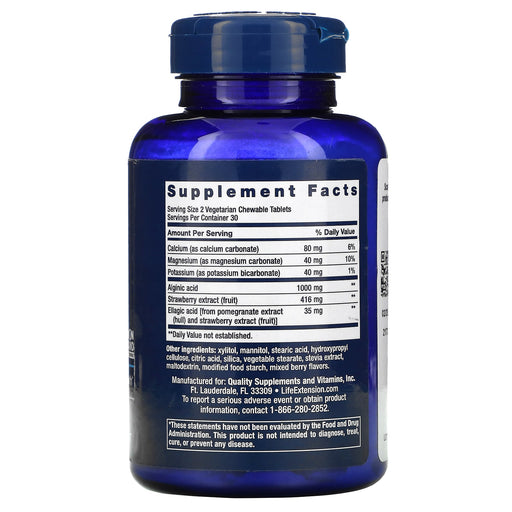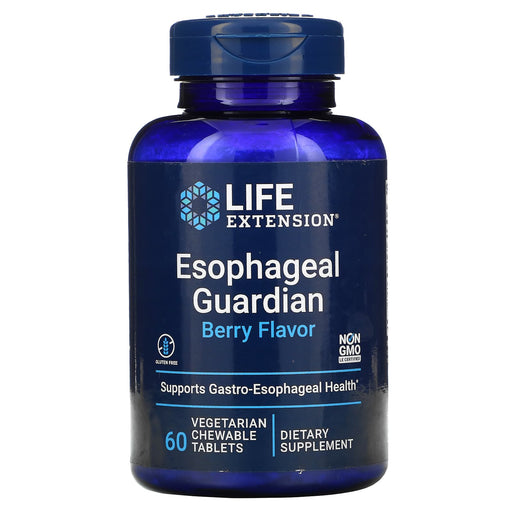
Find Relief from Acid Reflux and Indigestion with Targeted Supplements
Acid reflux and indigestion are common digestive issues that can cause discomfort, pain, and a decrease in overall quality of life. While lifestyle changes and dietary modifications can help manage these symptoms, targeted supplements can provide additional support for optimal digestive health.
Understanding Acid Reflux and Indigestion
Acid reflux occurs when stomach acid flows back into the esophagus, causing a burning sensation in the chest or throat. This can be due to a weakened lower esophageal sphincter (LES), which normally prevents stomach acid from entering the esophagus. Indigestion, on the other hand, is characterized by a feeling of fullness, bloating, and discomfort in the upper abdomen, often accompanied by nausea and belching.
How Supplements Can Help
Certain supplements can help alleviate the symptoms of acid reflux and indigestion by supporting digestive function, reducing inflammation, and promoting a healthy balance of stomach acid. Some of the most effective supplements for these conditions include:
- Digestive Enzymes: These supplements help break down food more efficiently, reducing the likelihood of indigestion and promoting optimal nutrient absorption.
- Probiotics: Beneficial bacteria that support a healthy gut microbiome, probiotics can help reduce inflammation and improve overall digestive function.
- DGL (Deglycyrrhizinated Licorice): This herbal extract helps soothe the digestive tract and promote the healing of damaged mucous membranes.
- Aloe Vera: Known for its anti-inflammatory properties, aloe vera can help calm irritated digestive tissues and promote regular bowel movements.
- Ginger: This aromatic root has been used for centuries to aid digestion, reduce nausea, and alleviate bloating and gas.
Choosing the Right Supplement
When selecting a supplement for acid reflux or indigestion, it's essential to choose a high-quality product from a reputable brand. Look for supplements that are:
- Made with pure, potent ingredients
- Free from artificial additives and fillers
- Backed by clinical research and positive user experiences
- Manufactured in compliance with strict quality control standards
It's also important to consider your individual needs and preferences when choosing a supplement. Some people may prefer capsules, while others may find chewable tablets or liquid formulas more convenient. Be sure to read labels carefully and follow the recommended dosage instructions for optimal results.
The Importance of a Holistic Approach
While supplements can be a valuable tool in managing acid reflux and indigestion, it's crucial to understand that they are not a substitute for a healthy lifestyle. Incorporating other strategies, such as eating smaller, more frequent meals, avoiding trigger foods, and practicing stress-reduction techniques, can further support digestive health and provide long-term relief from symptoms.
If you experience persistent or severe symptoms of acid reflux or indigestion, it's essential to consult with a healthcare professional to rule out any underlying conditions and develop a personalized treatment plan.
Find Relief and Restore Your Digestive Health
Living with acid reflux and indigestion can be challenging, but with the right combination of lifestyle changes and targeted supplements, it's possible to find relief and restore your digestive health. By choosing high-quality supplements and adopting a holistic approach to wellness, you can take control of your symptoms and enjoy a better quality of life.
Search our collection of supplements for acid reflux and indigestion and discover the power of natural, science-backed solutions for optimal digestive health. With a commitment to quality and a focus on your individual needs, we're here to support you on your journey to lasting relief and improved well-being.
Frequently Asked Questions about Acid & Indigestion
1. What is the best remedy for acid indigestion?
The best remedy for acid indigestion may vary depending on individual factors and the severity of symptoms. Some effective remedies include over-the-counter antacids, proton pump inhibitors (PPIs), H2 blockers, and lifestyle modifications such as avoiding trigger foods, eating smaller meals, and maintaining a healthy weight.
2. How do you counteract acid indigestion?
To counteract acid indigestion, you can try several strategies, including taking antacids to neutralize stomach acid, avoiding trigger foods and beverages, eating smaller meals, avoiding lying down after eating, and maintaining a healthy weight. If symptoms persist or worsen, consult with a healthcare professional for personalized guidance.
3. How do you flush acid out of your stomach?
While it is not possible to completely flush acid out of your stomach, you can help neutralize stomach acid and alleviate symptoms of acid indigestion by taking antacids, drinking water, and avoiding trigger foods and beverages. If symptoms persist or worsen, consult with a healthcare professional for personalized guidance.
4. What is the best thing to eat when you have acid indigestion?
The best foods to eat when you have acid indigestion are those that are easily digestible and do not trigger symptoms. Some examples include bananas, oatmeal, ginger, lean meats, vegetables, and non-citrus fruits. It's also important to avoid trigger foods such as spicy or fatty foods, citrus fruits, tomatoes, and caffeine.
5. Does drinking water help acid reflux?
Drinking water can help alleviate symptoms of acid reflux by diluting stomach acid and promoting digestion. However, it's important to avoid drinking large amounts of water at once, as this can actually worsen symptoms. Instead, try sipping water throughout the day and avoiding drinking large amounts with meals.
6. How long does it take to get rid of acid indigestion?
The time it takes to get rid of acid indigestion may vary depending on individual factors and the severity of symptoms. Mild cases may resolve within a few hours with over-the-counter remedies and lifestyle modifications, while more severe cases may require longer-term treatment and the guidance of a healthcare professional.
7. What is the difference between heartburn and indigestion?
Heartburn and indigestion are often used interchangeably, but they are slightly different conditions. Heartburn is a symptom of acid reflux that causes a burning sensation in the chest or throat, while indigestion is a general term for discomfort or pain in the upper abdomen that may be caused by various factors, including acid reflux, gastritis, or ulcers.
8. What causes too much acid in the stomach?
Several factors can contribute to excess stomach acid, including certain foods and beverages (such as spicy or fatty foods, citrus fruits, and caffeine), smoking, alcohol consumption, obesity, pregnancy, and certain medications (such as NSAIDs and aspirin). If you experience frequent or severe symptoms of acid indigestion, consult with a healthcare professional to identify potential underlying causes and develop an appropriate treatment plan.










